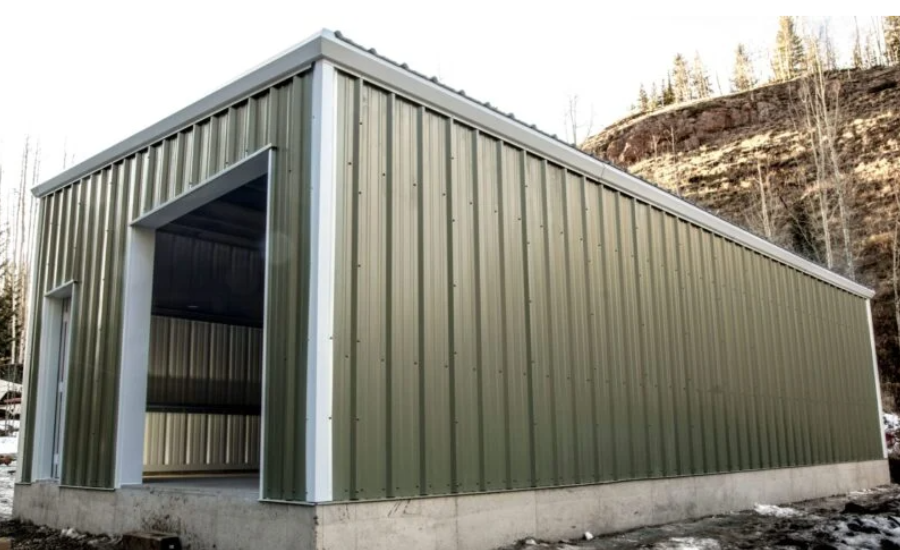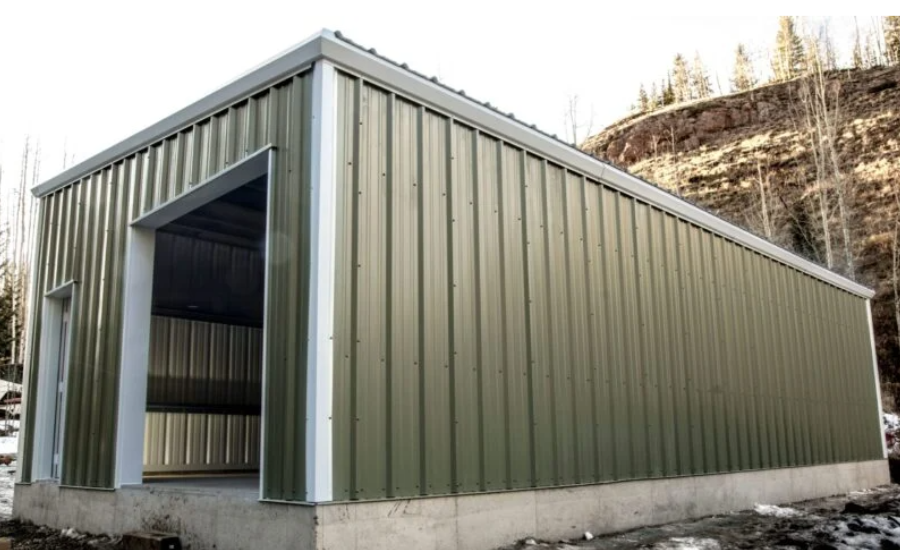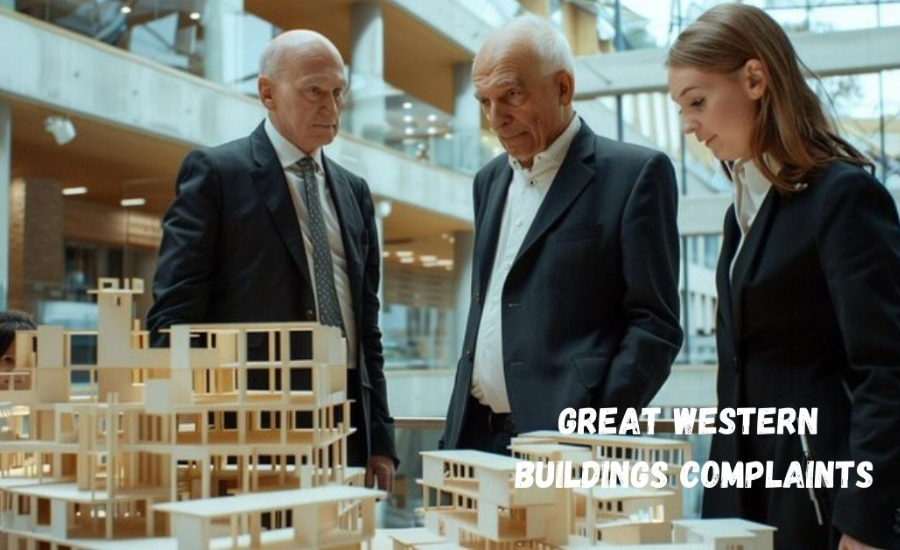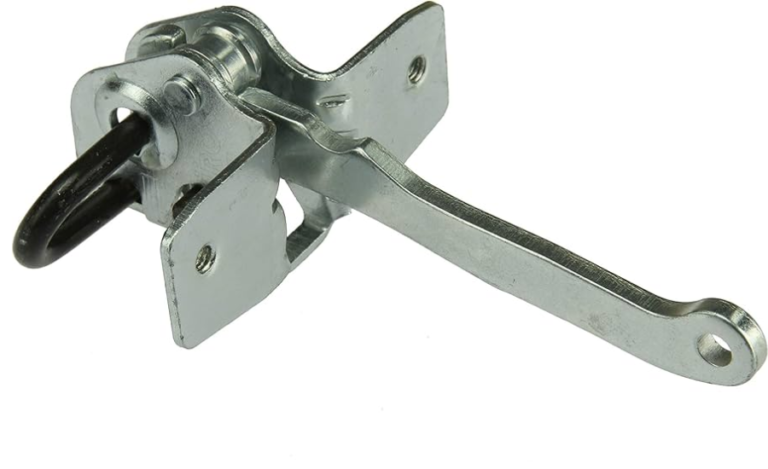A Comprehensive Guide To Addressing Great Western Buildings Complaints
Great Western Buildings have earned a reputation for providing high-quality, durable, and cost-effective structures for property owners. The company specializes in constructing steel buildings that cater to a wide range of needs, from agricultural to commercial properties. Despite their solid reputation, like any other company in the construction sector, Great Western Buildings is not immune to customer complaints. Property owners may experience issues ranging from construction defects to ongoing maintenance problems that need to be addressed to preserve the longevity and functionality of their investments. Understanding and effectively managing Great Western Buildings complaints is crucial for maintaining the integrity of the property and ensuring it remains valuable for years to come.
These complaints can take various forms, including but not limited to structural defects, water leaks, HVAC inefficiencies, and poor property management practices. For many owners, the challenges posed by these issues can become overwhelming if not handled proactively. However, by staying vigilant and informed, property owners can mitigate the risks associated with these complaints and ensure the ongoing reliability of their buildings. Regular inspections, effective communication with the construction company, and prompt issue resolution are vital to maintaining a successful ownership experience with Great Western Buildings.
Understanding Great Western Buildings Complaints
The primary source of Great Western Buildings complaints typically stems from construction and maintenance-related issues. Many of these complaints are centered around structural problems, such as cracks in the foundation, warping of steel beams, or improperly installed roofing systems. These defects not only compromise the structural integrity of the buildings but can also lead to additional costly repairs if not promptly addressed. Water leakage issues, often resulting from poor sealing or roof installation errors, are also among the most frequently reported complaints. If left unchecked, water infiltration can cause severe damage to the building’s interior, leading to further structural degradation and the need for extensive repairs.
In addition to structural and water-related issues, property owners also express concerns about HVAC inefficiencies. Poorly maintained or outdated heating and cooling systems can significantly impact the energy efficiency of the building, resulting in increased operational costs. Electrical problems, such as faulty wiring or substandard installations, are another frequent cause of complaints. These issues can pose safety risks to tenants and occupants, further emphasizing the importance of regular maintenance and early detection of potential problems. A proactive approach to Great Western Buildings complaints ensures that these issues do not snowball into larger, more costly problems.
Construction Challenges: Identifying And Resolving Issues

One of the primary contributors to Great Western Buildings complaints is construction defects, which can include anything from poor-quality materials to inadequate installation practices. Identifying these defects early is critical to ensuring that they do not compromise the long-term stability of the building. Visible cracks, uneven flooring, and persistent leaks are common signs of structural defects. In some cases, issues with the foundation or framework may not become apparent until later, requiring more extensive repairs.
To resolve these complaints, property owners should seek professional assistance from licensed inspectors and contractors. These experts can evaluate the building’s structural integrity and determine whether any defects are present. Reviewing warranty coverage provided by Great Western Buildings can also be an essential step in resolving construction-related complaints. If disputes remain unresolved, legal mediation or arbitration may be necessary to find an equitable solution for both parties. By addressing construction defects early on, property owners can minimize the risk of severe structural damage and costly repairs down the road.
Addressing Property Management And Customer Service Concerns

In addition to construction defects, Great Western Buildings complaints can also arise from poor property management practices. Delayed responses to maintenance requests, inadequate communication, and substandard service are common issues reported by property owners. These problems can exacerbate existing structural issues and create frustration for tenants and owners alike. Effective property management is essential for ensuring that maintenance concerns are addressed promptly and that tenants’ needs are met in a timely manner.
To improve the management of Great Western Buildings complaints, property managers should prioritize clear, consistent communication with tenants and owners. Providing regular updates on ongoing repairs and addressing concerns as they arise can go a long way in building trust and ensuring customer satisfaction. Hiring qualified personnel with expertise in managing steel buildings is another important step in reducing complaints. A well-trained property management team can handle maintenance tasks more efficiently and provide a higher standard of service to tenants.
Preventing Recurring Maintenance Issues
Ongoing maintenance plays a crucial role in preventing Great Western Buildings complaints from becoming recurring problems. Routine inspections can help identify minor issues before they develop into significant challenges. For example, inspecting gutters and downspouts regularly can prevent water leakage problems caused by clogged or malfunctioning drainage systems. Ensuring that the roof is properly sealed and maintaining HVAC systems can also help minimize the likelihood of issues related to these systems.
Proactive maintenance measures, such as scheduling regular HVAC servicing and checking for structural weaknesses, can help prevent many of the common issues that lead to complaints. While some minor tasks may be addressed by property owners or building managers, more complex issues, such as HVAC repairs or roof inspections, should be handled by certified professionals. By investing in professional maintenance services, property owners can significantly reduce the likelihood of Great Western Buildings complaints and keep their buildings in optimal condition.
Commonly Reported Issues In Great Western Buildings

Several issues are frequently reported in Great Western Buildings complaints. Water leakage is one of the most common problems, often resulting from poor insulation, faulty roof installations, or malfunctioning drainage systems. To address this, property owners should conduct regular inspections of their roofing systems and ensure that all joints and edges are sealed properly. Regular maintenance of gutters and downspouts is also crucial in preventing water from infiltrating the building.
Electrical problems are another prevalent issue. Faulty wiring or outdated electrical systems can pose safety risks to tenants and cause significant disruptions in the building’s operation. To mitigate this risk, property owners should have their electrical systems regularly inspected by licensed electricians, upgrading any outdated components as necessary. Furthermore, HVAC system failures can lead to discomfort and higher energy costs. By scheduling regular HVAC maintenance and upgrading to more energy-efficient systems, property owners can avoid many of the HVAC-related complaints commonly reported by Great Western Buildings owners.
Proactive Measures To Prevent Complaints
To prevent Great Western Buildings complaints from arising in the first place, it is essential to take proactive steps before, during, and after construction. Conducting thorough pre-construction checks is a critical part of the process. This includes verifying the credentials of contractors, examining customer reviews, and ensuring that the project aligns with expectations. Establishing detailed contracts that clearly outline warranties, materials, and timelines is also important to avoid misunderstandings or disputes during the construction process.
Post-construction maintenance is equally important in minimizing future complaints. Regular inspections of the building’s structure, systems, and overall condition can help identify potential problems before they escalate. Preventative measures, such as checking for leaks and maintaining HVAC systems, play a significant role in ensuring that the building remains in good condition over time. Property owners should also maintain detailed records of all inspections, repairs, and communications with contractors to help resolve any future disputes related to Great Western Buildings complaints.
FAQs About Great Western Buildings Complaints
Q1. What Are Common Great Western Buildings Complaints?
A. Common complaints include water leakage, structural defects, HVAC inefficiencies, and electrical issues. These problems often arise from improper construction practices or inadequate maintenance.
Q2. How Can I Address Water Leakage Issues In Great Western Buildings?
A. Regularly inspect and maintain drainage systems, seal joints with quality materials, and ensure proper roof installation to prevent water infiltration.
Q3. What Steps Can I Take To Ensure Proper HVAC System Performance?
A. Schedule bi-annual servicing of HVAC units and consider upgrading to energy-efficient systems to reduce operational costs and minimize failures.
Q4. How Do I Resolve Disputes Related To Construction Defects?
A. Hire professional inspectors to identify defects, utilize warranty coverage, and pursue legal mediation if disputes remain unresolved.
Q5. How Can I Prevent Future Great Western Buildings Complaints?
A. Conduct thorough pre-construction checks, hire reputable contractors, ensure detailed contracts, and maintain consistent post-construction inspections and repairs.
Conclusion
Addressing Great Western Buildings complaints requires a combination of proactive management, regular maintenance, and effective communication. By staying on top of potential issues and addressing them promptly, property owners can mitigate the risk of costly repairs and protect their investments. Regular inspections, routine maintenance, and employing experienced professionals are essential steps to ensure the longevity and functionality of the building.
Ultimately, by adopting a thorough and diligent approach to managing Great Western Buildings complaints, owners can address any challenges that arise while maintaining the quality and safety of their properties. Whether dealing with water leaks, electrical problems, or HVAC inefficiencies, a proactive approach ensures that owners enjoy the long-term benefits of their buildings without the frustration of unresolved issues.
Stay in touch for the latest updates and alerts by visiting our site: Today Magazine Point!






